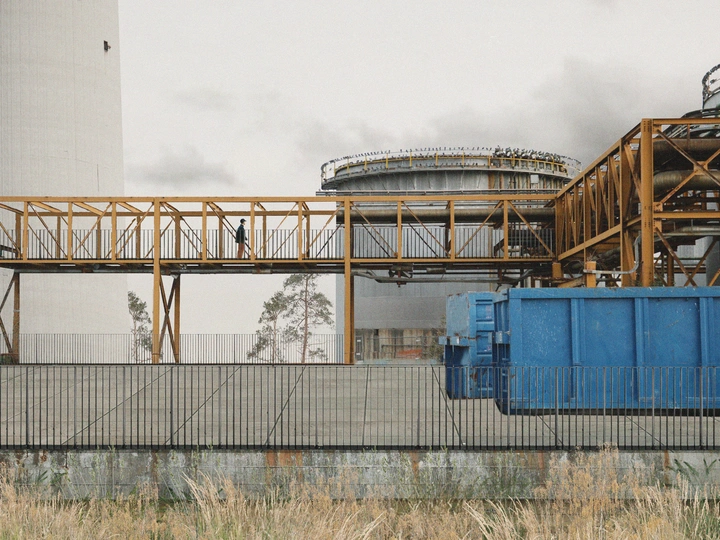Continuous Lagoon: reviving the Delta

Greta Bonini
Greta and Camilla form a collaborative duo shaped by a strong synergy and a shared design vision developed over five years of study at the Politecnico di Torino. Their joint thesis project marked the culmination of this journey, reflecting a vision of architecture and landscape as deeply interconnected disciplines. Central to their approach is the reading of the palimpsest — the layered traces of a place — which has consistently guided their design methodology and remains fundamental to their engagement with territory.
Two years after graduating, Greta is based in Paris, where she works as an architect and urban planner at TVK, focusing on public space and urban planning with enthusiasm and dedication. Camilla, following an experience in Copenhagen as a landscape architect, is now working in Turin at Settanta7 Architetti, continuing to develop her interest in spatial design at the intersection of ecology and architecture.
Their thesis project, Continuous Lagoon, has gained international recognition. It was awarded the Global Change Starts Local: The 2024 Politecnico di Torino Student Award and published on ArchDaily. It was also shortlisted for the EUmies Awards Young Talent 2025, organized by the Fundació Mies van der Rohe and the European Union, and will be featured in the exhibition Intelligens. Talent – EUmies Awards Young Talent 2025, a Collateral Event of the 19th International Architecture Exhibition of La Biennale di Venezia.
Additionally, the project is currently on display in the Italian Pavilion at the 2025 Biennale, as part of TERRÆ AQUÆ. Italy and the Intelligence of the Sea, selected through a national open call. The exhibition explores new perspectives on the land-sea relationship in coastal regions — a theme at the heart of Greta and Camilla’s work on the delicate and evocative ecosystem of the Po River Delta.
The study explores land-water dynamics in the Po Delta, a fragile and ever-changing territory, placing climate adaptation at its core. The aim is to rethink the relationship between natural and human systems by weaving new connections between landscape, infrastructure, and local communities. The research focuses on the delta’s critical meeting point between fresh and saltwater, where human interventions, reclamation, industrialization, and hydraulic engineering have deeply reshaped the environment.
At the center is the disused Porto Tolle Thermoelectric Power Plant (Rovigo), located at the Po delta’s edge. This emblematic and mutable site becomes a testing ground for strategies of environmental regeneration and climate resilience, transforming a dormant and embanked structure into a responsive system. The project highlights how decommissioned energy heritage, within a high-value lagoon ecosystem, requires attention and revalorization.
The landscape strategy enhances existing features through ecological care and topographic modifications. In the north and center, minimal interventions restore vegetation and paths. In the south, more vulnerable to flooding, the terrain is reshaped with reliefs and basins acting as buffers, forming wetlands that absorb excess water. An experimental landscape ecology approach guides the design, using digital tools and topography to model new landforms: depressions, ridges, and raised walkways ensure the park remains accessible even when partially submerged.
The project shifts continuously in scale, from global to local, to understand the links between climate change, territorial transformation, and adaptive strategies. Here, design becomes a tool for resilience and coexistence, contributing to the protection and reappropriation of both the delta and its industrial past in a changing water-driven landscape.